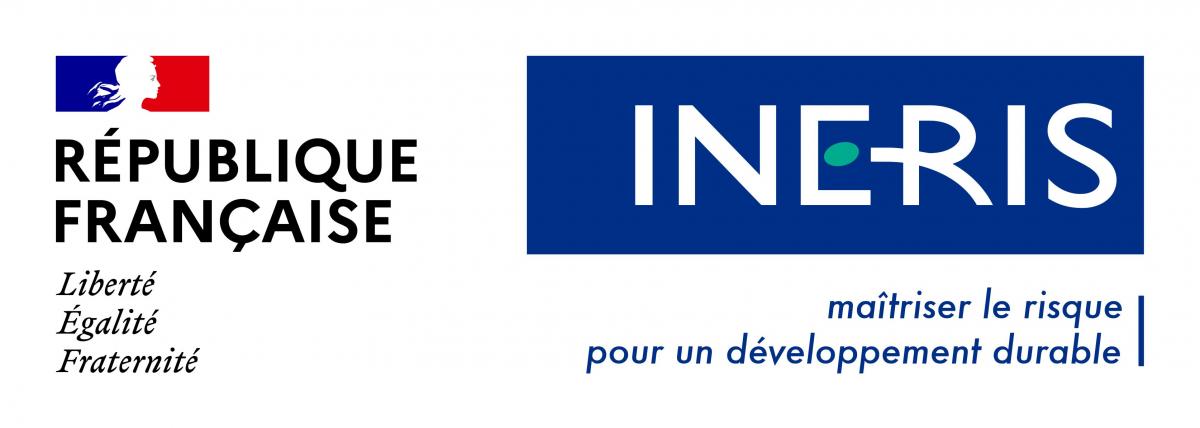Towards the review of the European Union Water Framework Directive : Recommendations for more efficient assessment and management of chemical contamination in European surface water resources
Résumé
Water is a vital resource for natural ecosystems and human life, and assuring a high quality of water and protecting it from chemical contamination is a major societal goal in the European Union. The Water Framework Directive (WFD) and its daughter directives are the major body of legislation for the protection and sustainable use of European freshwater resources. The practical implementation of the WFD with regard to chemical pollution has faced some challenges. In support of the upcoming WFD review in 2019 the research project SOLUTIONS and the European monitoring network NORMAN has analyzed these challenges, evaluated the state-of-the-art of the science and suggested possible solutions. We give 10 recommendations to improve monitoring and to strengthen comprehensive prioritization, to foster consistent assessment and to support solution-oriented management of surface waters. The integration of effect-based tools, the application of passive sampling for bioaccumulative chemicals and an integrated strategy for prioritization of contaminants, accounting for knowledge gaps, are seen as important approaches to advance monitoring. Including all relevant chemical contaminants in more holistic "chemical status" assessment, using effect-based trigger values to address priority mixtures of chemicals, to better consider historical burdens accumulated in sediments and to use models to fill data gaps are recommended for a consistent assessment of contamination. Solution-oriented management should apply a tiered approach in investigative monitoring, to identify toxicity drivers, strengthen consistent legislative frameworks and apply solutions-oriented approaches that explore risk reduction scenarios before and along with risk assessment.
